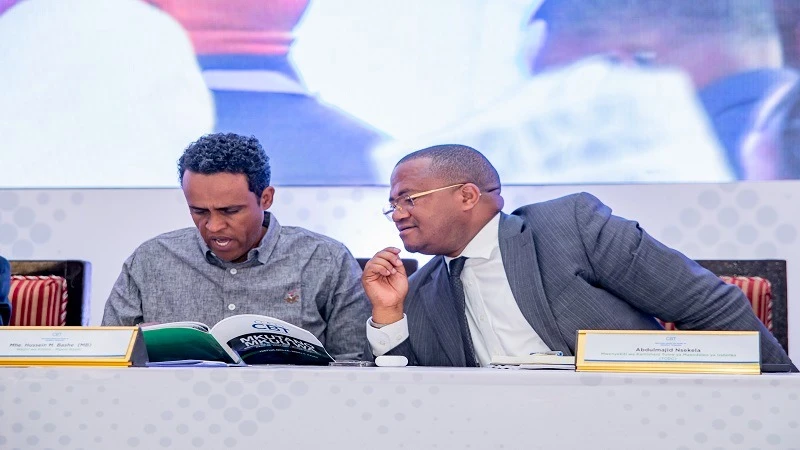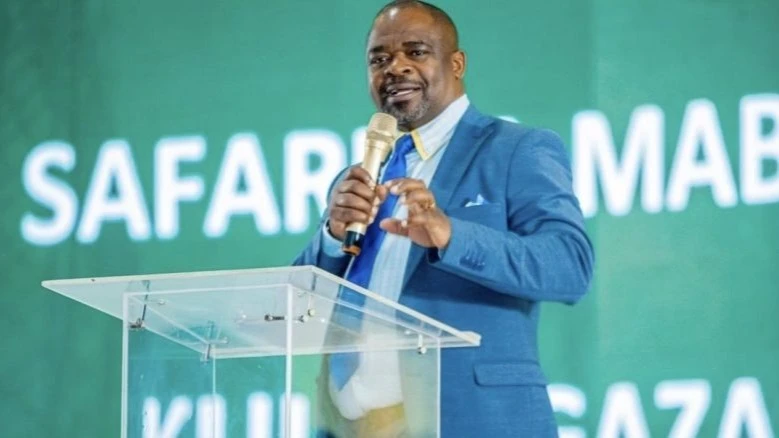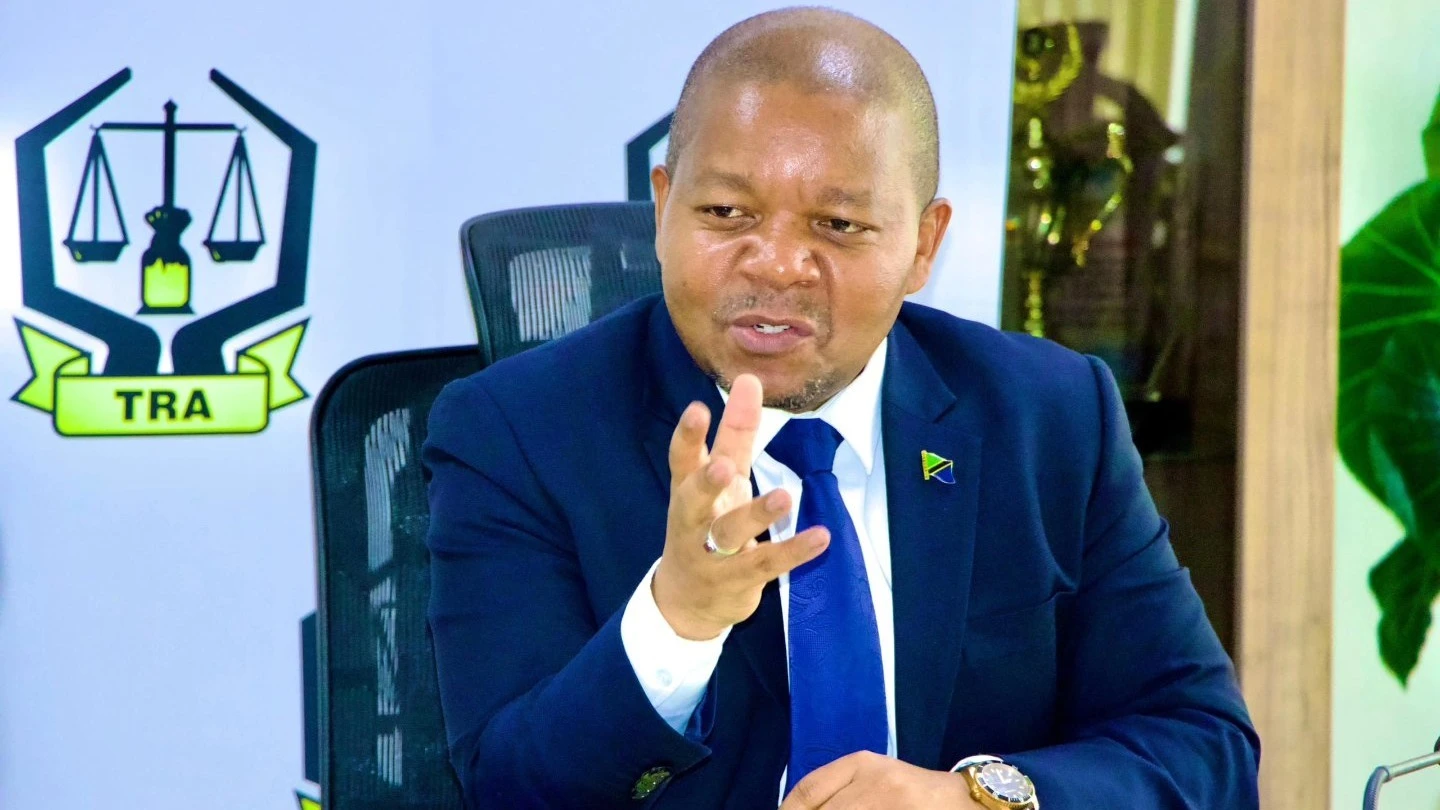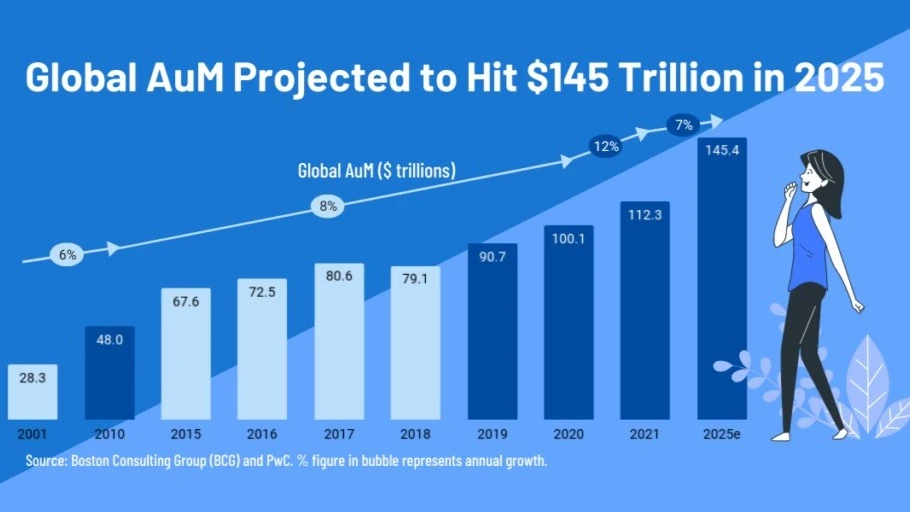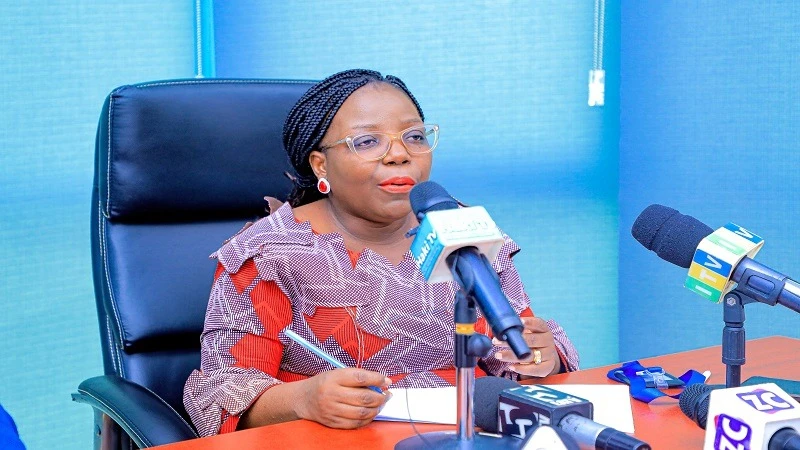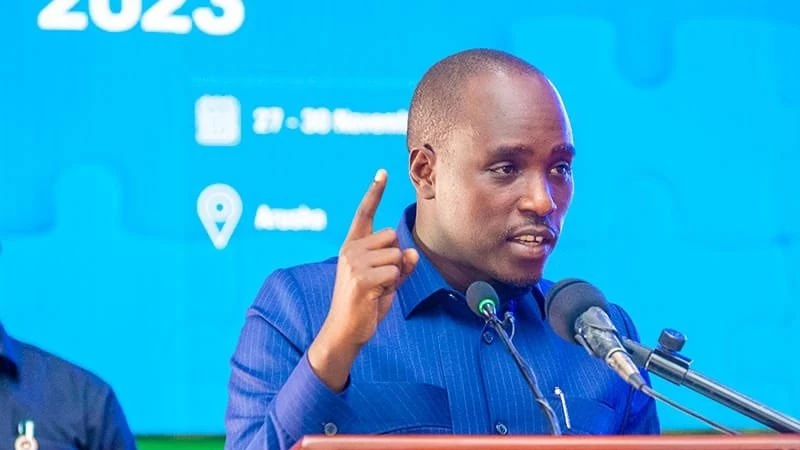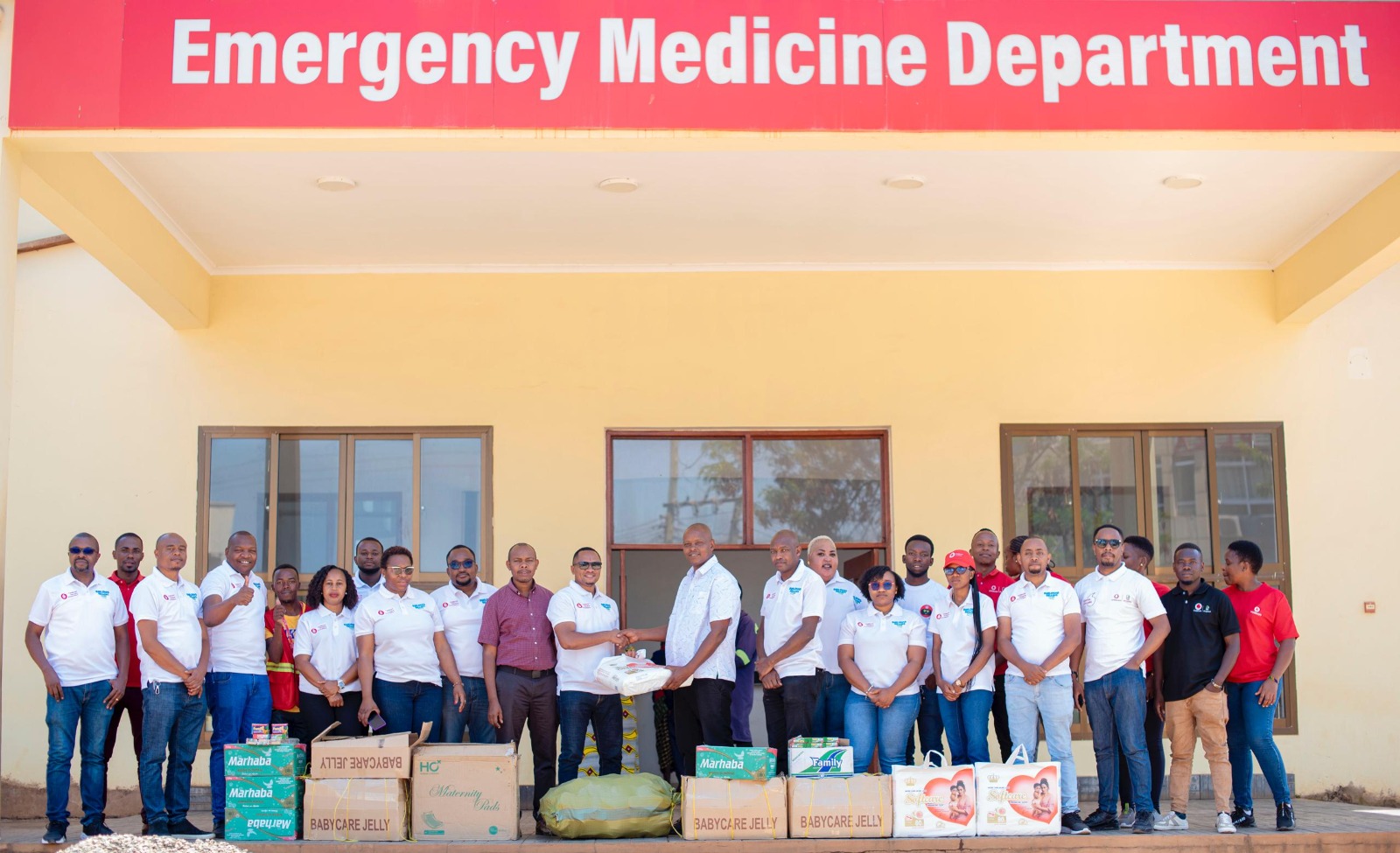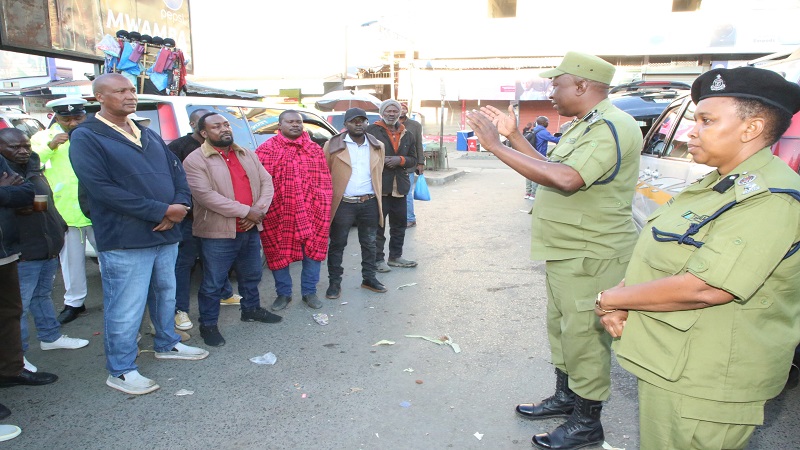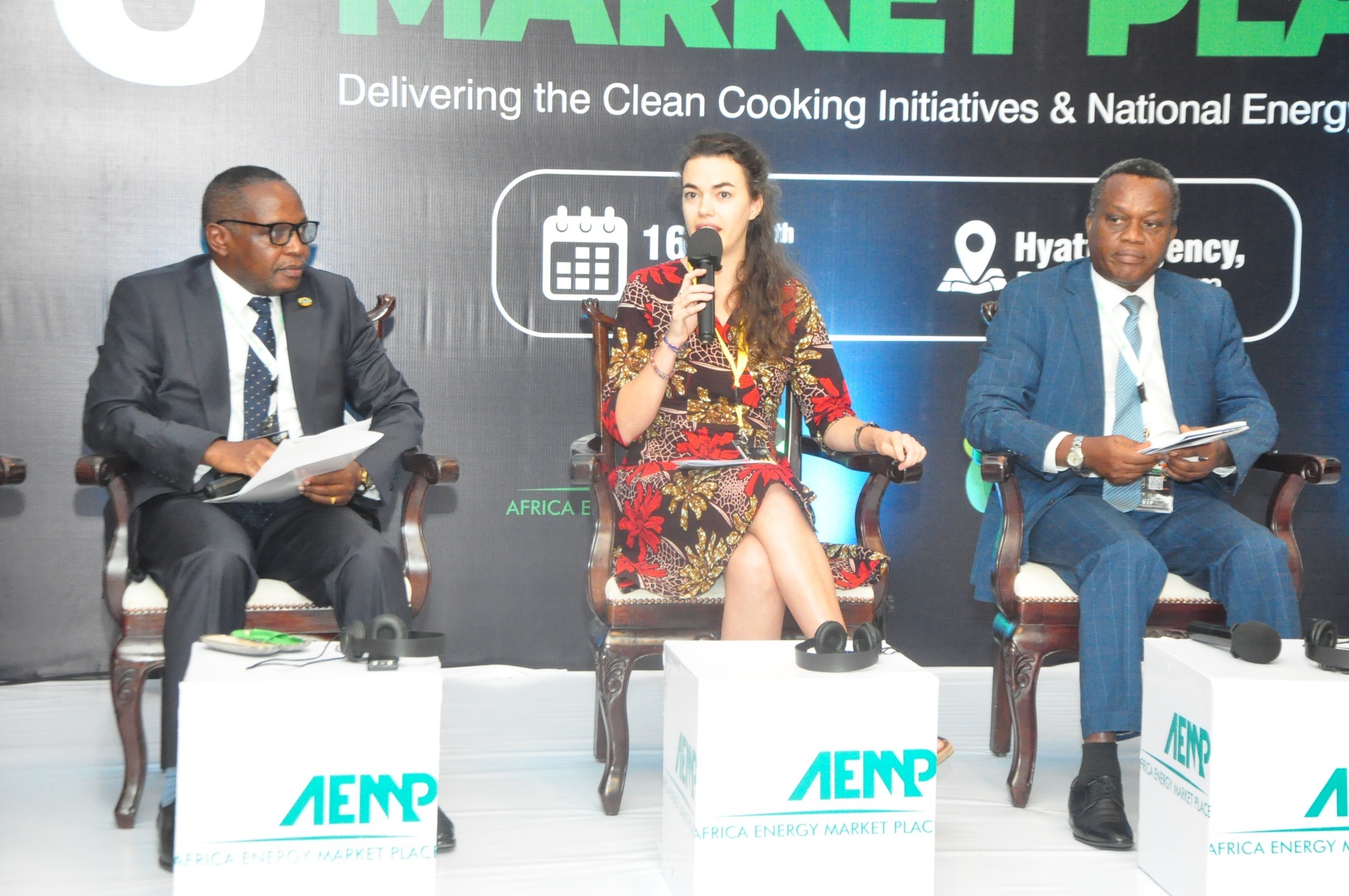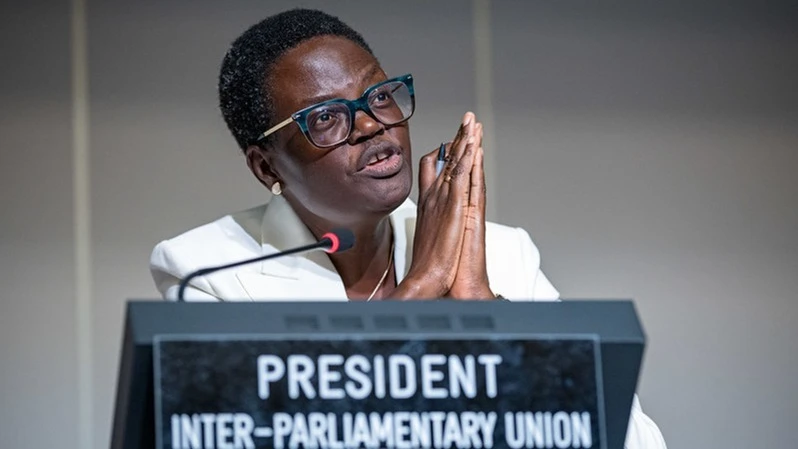More funding, and accountability key to realise generation equality goals
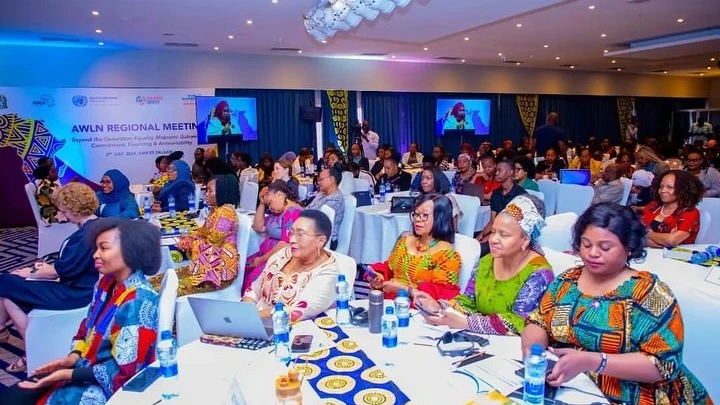
KARIBA Mulilo, a woman from Simiyu Region ran away from home, leaving behind her two children after defaulting on repayment.
She is just one of many cases that Fredina Saidi, a gender activist in Simiyu, dealt with to remove women from unsustainable loans that have been thwarted the development efforts of many women in Tanzania.
Saidi underscores the need to ensure more funding to facilitate investment in initiatives that bring together women for economic empowerment as well as rescue them from falling into exploitative loans.
At the African Women Leaders Network (AWLN) meeting organised recently in Dar es Salaam with a theme, Beyond the Gender Equality Forum Midpoint activists and leaders assessed regional and national progress towards a gender-equal generation, experts and stakeholders from various African countries discussed deeply progress, advocating for change and stimulate commitment on financing and accountability on gender equality.
The regional meeting brought participants from strategic government ministries, women’s rights organizations, climate justice activists, young feminist women, women and girls with disabilities, international financial institutions, private sector representatives, young women leaders and AWLN chapters across African countries.
The bottom line—at midpoint toward the 2030, results mismatch with widespread agreement that women’s progress is critical for sustainable development.
A UN’s review indicates that gender related achievements across all SDGs remain insufficient to meet the 2023 target. All specific indicators under SDG 5 are unlikely to be met by 2030. Two roadblocks: low financing and accountability to commitment are the culprits.
“Gender equality requires more than policy declarations. It necessitates substantial financial investment through increased funding and effective utilisation to create a tangible impact on the ground,” says Zlatan Milisic, UN Representative in Tanzania.
Global, regional and national commitments yielded policy change, legislation and numerous successful interventions. The Paris Forum is credited for some of these achievements. Prominently, the Paris Forum promised 40bn US dollars from governments, the private sector, international financial institutions, philanthropies, youth-led organisations, and civil society.
But, the actual funding reaching women and girls remained low and abstract. “When you follow the commitments from Paris, you learn that most of the funds go toward technical assistance and policy change,” Mmabatho Ramagoshi, from AWLN South Africa.
Feminist Accountability Framework for Gender Equality Forum, a network helping move the Generation Equality Forum (GEF) from promises to action, reports that only 1.9 percent of funding for gender equality makes it to women and girls.
“Access to funding is worse for people with additional marginalization,” says Rebecca Gyumi AWLN Co-chair in Tanzania.
Surprisingly, funding for climate action, a relatively new platform of global financing, also eludes gender equality programming. A 2021 study by the Organisation for Economic Co-operation and Development (OECD) found that only 6 percent of bilateral aid commitments focused on both gender equality and climate action.
The Climate Policy Initiative’s 2022 Global Landscape of Climate Finance report sadly reveals that of the $632 billion invested globally in climate finance 1 percent is allocated to gender-responsive projects.
According to UN Women, only 3 percent of international climate finance is currently directed towards initiatives that explicitly promote gender equality. Therefore resources are not insufficient to do the job.
“These statistics remind us that our journey towards gender equality is far from over. We continue to need sustained investment and collaborative efforts within and across nations to develop robust frameworks and innovative financing strategies,” says Peterson Magoola, acting UN Women Representative in Tanzania.
The second roadblock is accountability. Many countries draw gender-responsive budgets, but execution falls way short because of low funding and lack of accountability and monitoring frameworks that ensure financial commitment translates into improvements in women’s lives.
“It is only when we become accountable to our commitments that they become actions. And it is only when they become actions that they can make a difference,” says Mags Gaynor, Head of Development Cooperation at the Embassy of Ireland in Tanzania.
Where generation equality commitments have been welded with accountability progress has been more visible. UN Women commended Tanzania, where the government and several other commitment makers consistently report on progress.
Without proper accountability frameworks, achievement in policy change, legislation and gender-responsive budgeting can barely trickle down to women and girls and the communities they live in.
“Commitments, promises, policy changes and activism cannot bring gender equality. Above all t, here we need accountability mechanisms to monitor the implementation of policies and obligations that our government signs at the global and regional levels,” Mmabatho.
As activists, business leaders, technocrats, the United Nations, ministers and economy planners illuminate a resolve to advocate for tangible funding and accountability to revitalise the journey to attain generation equality, urgency became the rallying word.
“Urgent action is key now because hazards of climate change, affecting women disproportionately, undercut gains in gender equality, and the double effort needed to attain the goals,” says Nachilala Nkombo from Women Leaders for Climate Action in Zambia.
Business as usual will not deliver generation equality, neither by the 2030 mark afterward. Innovative funding products that put tangible money in the programmes that touch women and girls and consistent accountability can revitalize the momentum to reach generation equality goals.”
Top Headlines
© 2024 IPPMEDIA.COM. ALL RIGHTS RESERVED












